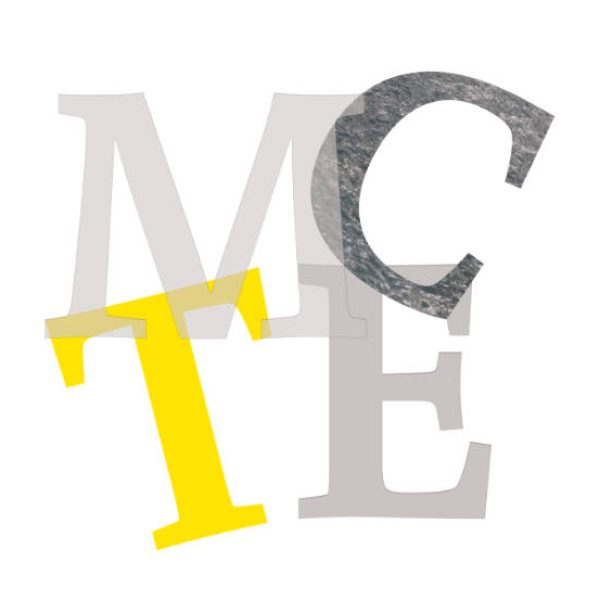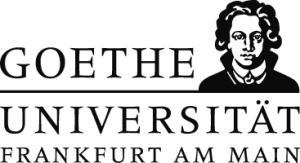Moving Cultures, Transcultural Encounters
Magdalena Zolkos (Goethe University Frankfurt)
Cultural Heritage Repatriation in the Post-colonial Arctic: Materiality, Memory, Assemblage
Friday 28 May | 4 pm | online screening | click here to register
Recent struggles for repatriation of cultural heritage and traditional knowledge to their indigenous custodians have thrown into relief the question of affordance and potentialities of material objects to facilitate emergence of post-colonial cultural memory. This has coincided with critical debates in post-humanities about human- thing interactions, which have undermined traditional conceptions of objects as passive, non-agential and appropriable. One of its outcomes has been emergence of richer and more complex cultural imageries of objecthood, which help us re-think the place of material things in memory studies, including Paul Basu’s notion of ‘diasporic objects’ or Susan Star’s writings on ‘boundary objects’. Both of these concepts connote objects located at the interstices of, and potentially connecting, plural and heterogenous memory communities.
The lecture takes the perspective of critical micro-history of three objects, translocated from Greenland to Denmark in the early 20th century, and currently part of the collection of the Danish National Museum. These objects are figurines of a tupilak, a being of ill-wishing and revenge that originated in pre-colonial Greenlandic belief systems, which became a source of great interest, fascination, and anxiety, among ethnographers, colonial administrators, missionaries and the larger European public. I suggest that tupilait were synecdochic figures of Arctic colonialism, which ‘condensed’ colonial attitudes, affects, and desires. The lecture traces their histories, narratives and aestheticizations as a ‘thingly’ prism onto collective memory emergence in colonial and post-colonial Arctic. As peculiar beings that defy uniform categorization (an assemblage of object, animal, human, and spiritual elements), tupilait can be viewed as a ‘survival’ of forms that contravene Western epistemology of objects. This serves as a point of reference for not only radicalizing the perspectives on repatriation of cultural heritage, but also contributes to the post-human turn in memory studies.


